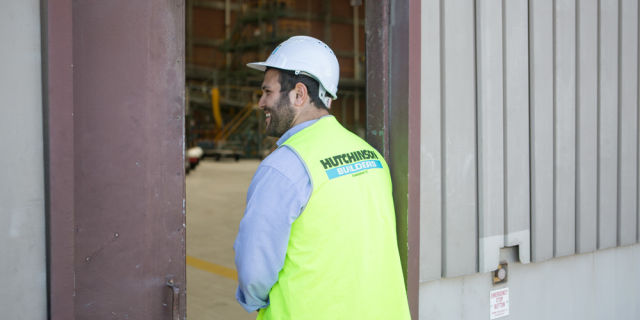World Day for Safety and Health at Work
28 April is World Day for Safety and Health at Work and Workers’ Memorial Day. This is a day for promoting safety and health in the workplace and to honour those who have died from work-related injury or illness.
Every day, 6,300 people die as a result of occupational accidents or work-related diseases more than 2.3 million deaths per year. 317 million accidents occur on the job annually; many of these resulting in extended absences from work. The human cost of this daily adversity is vast and the economic burden of poor occupational safety and health practices is estimated at 4 per cent of global Gross Domestic Product each year.
The United Nations 2030 Agenda for Sustainable Development adopted on September 25, 2015 encompasses a global plan of action with specific targets to end poverty, protect the planet, and ensure prosperity for all. With its adoption, the capacity to collect and utilize reliable OSH data has also become indispensable for countries to fulfil their commitment to implement and report on some of the agenda’s 17 sustainable development goals and their targets.
The World Day for Safety and Health at Work is an annual international campaign to promote safe, healthy and decent work. It is held on 28 April and has been observed by the International Labour Organization (ILO) since 2003.
A national occupational safety and health culture is one in which the right to a safe and healthy working environment is respected at all levels, where governments, employers and workers actively participate in securing a safe and healthy working environment through a system of defined rights, responsibilities and duties, and where the highest priority is accorded to the principle of prevention.
